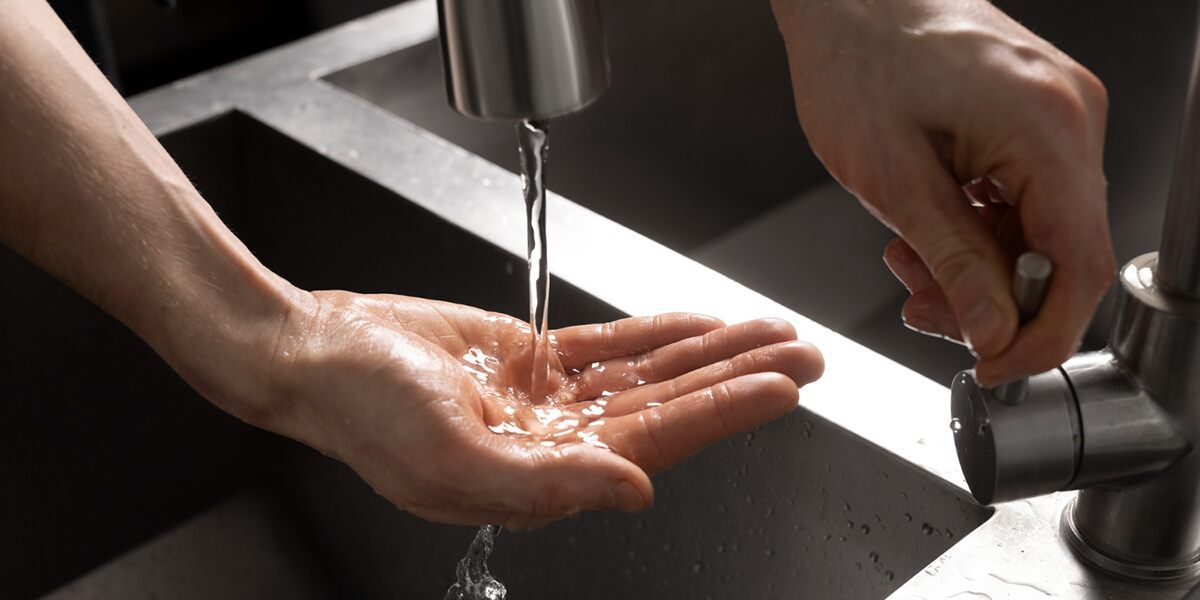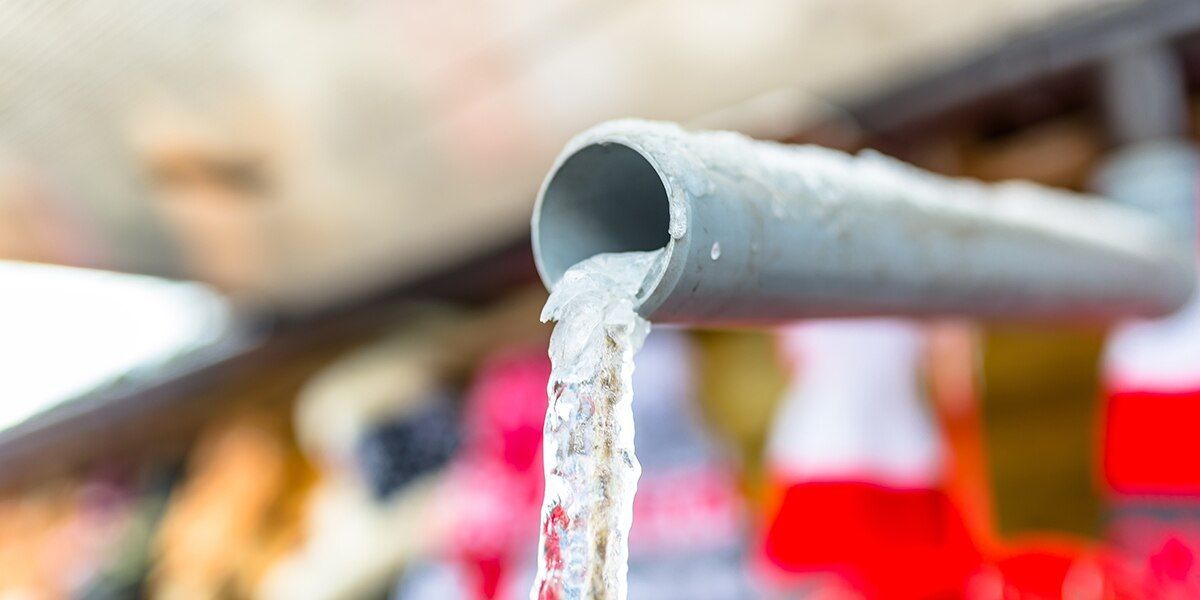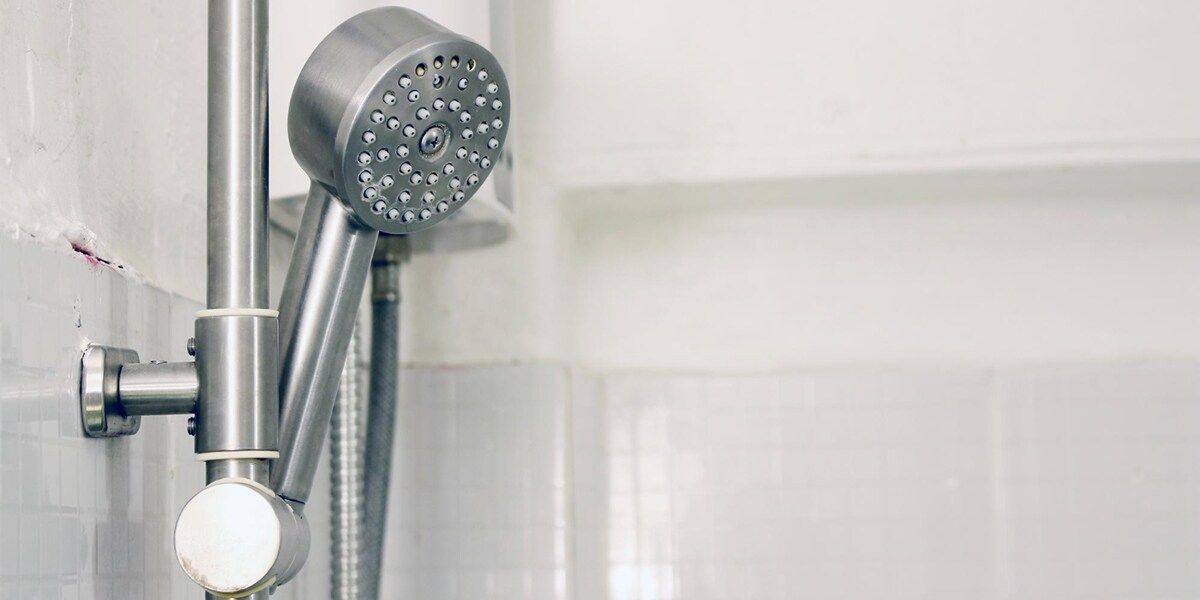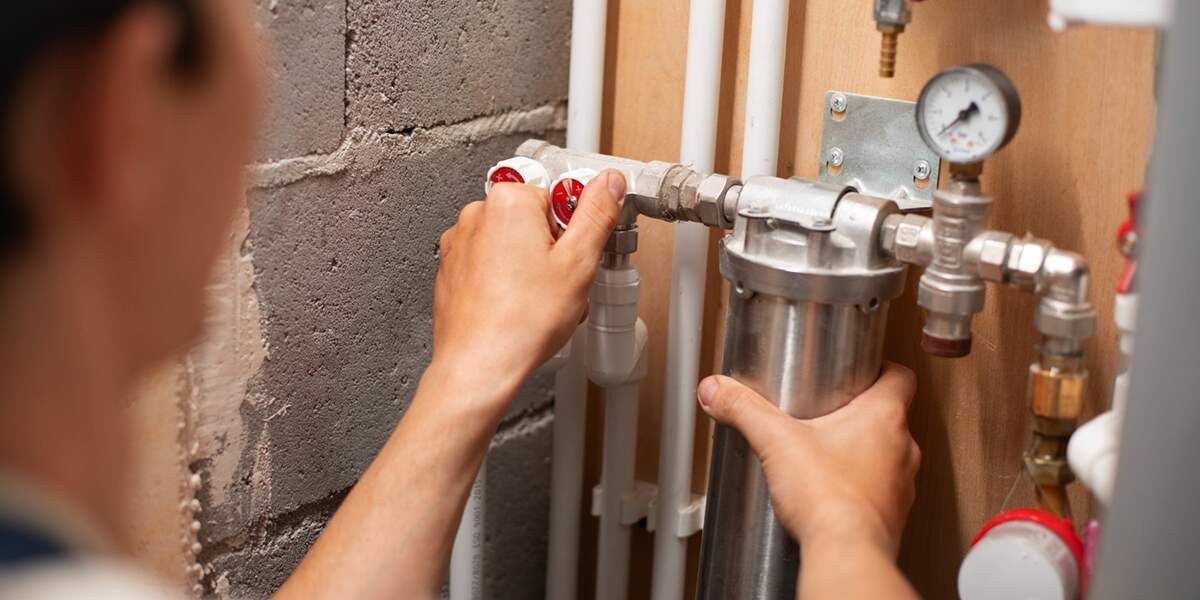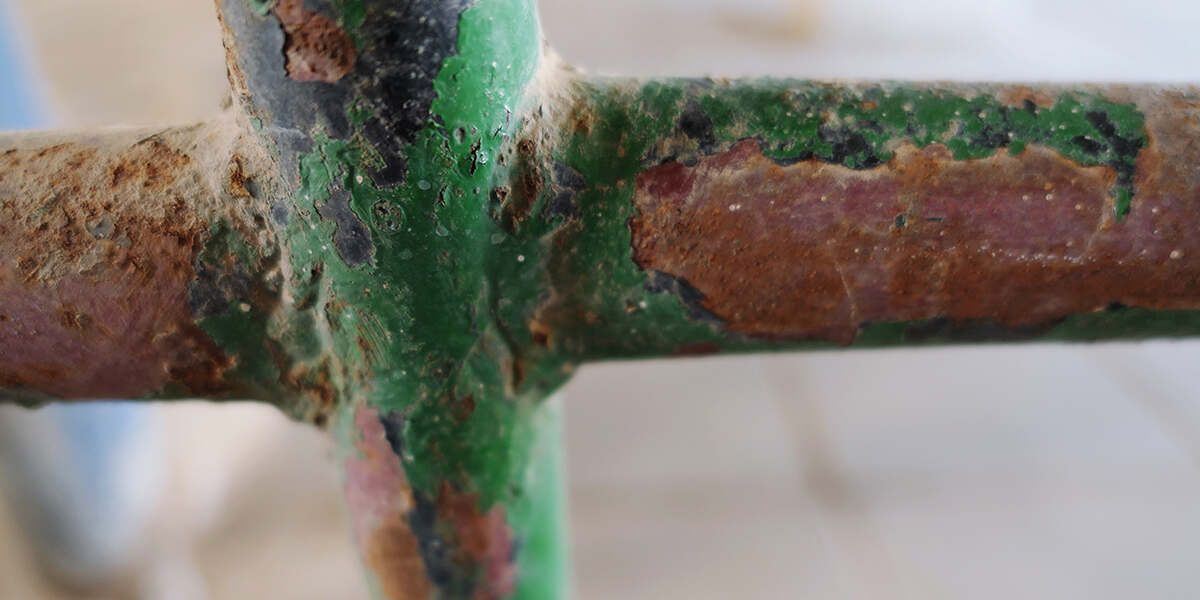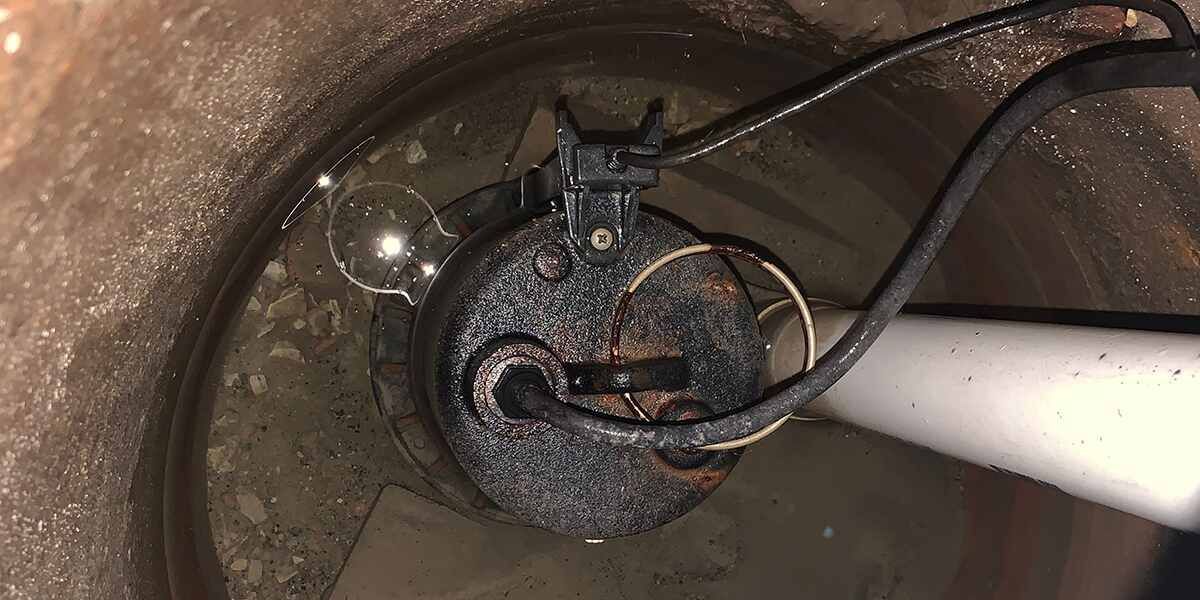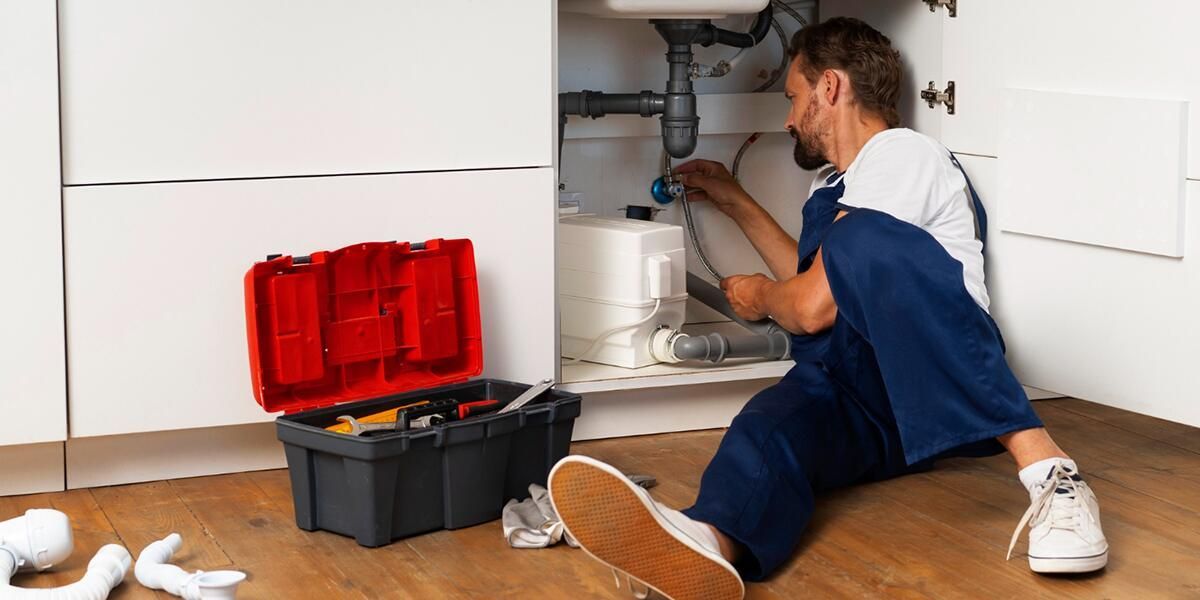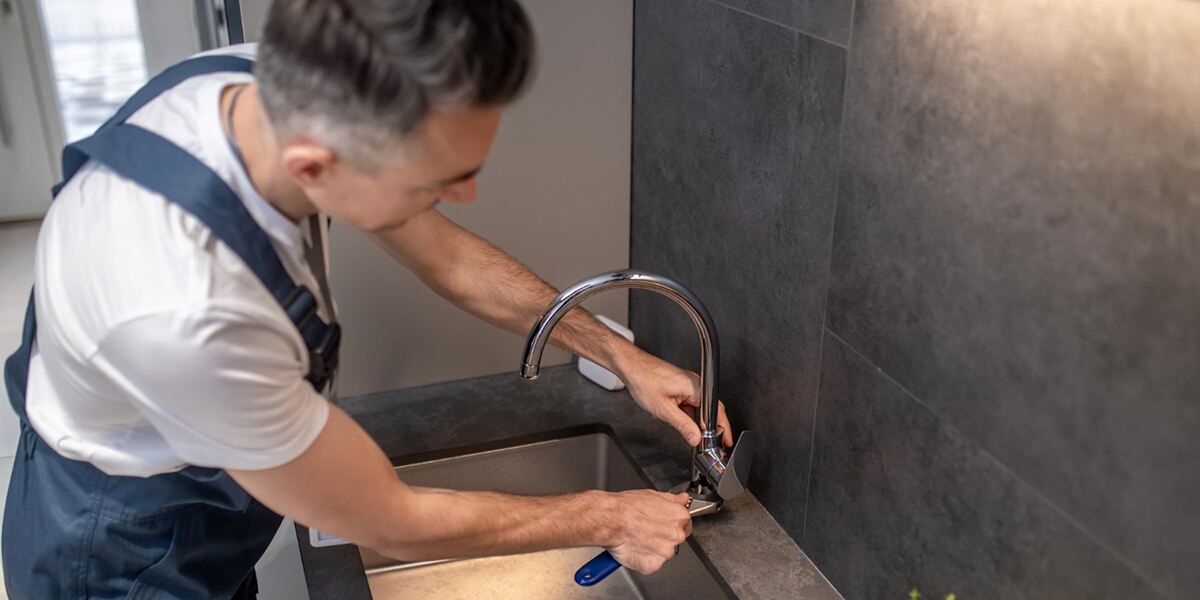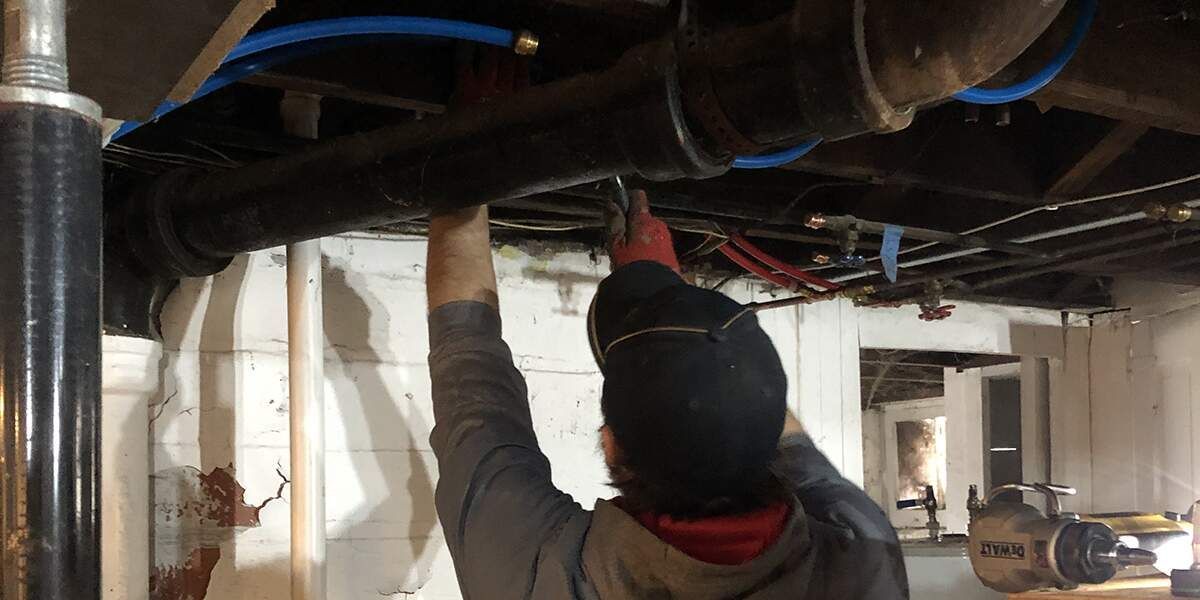We have 24 Hour Service!
Should There Be Water in My Sump Pump Pit?
Do you have concerns about your sump pump's function or performance? Reach out to our Formica Plumbing & Sewer Co. team in Lyndhurst today for help.
Flooding in your basement could happen for many reasons including severe weather and plumbing problems. Installing a sump pump is a great way to minimize the risk of a flood since it can pump out the water that fills inside its catch basin. Still, if you're new to using this basement waterproofing equipment, you might wonder, "Should there be water in my sump pump pit?"
Formica Plumbing & Sewer Co. is home to some of Lyndhurst's best plumbers. While we understand that a water presence in sump pits can be concerning, it's not always a bad thing. Keep reading to learn more about sump pump pit moisture and when it becomes a problem.
How Sump Pumps Work
Before answering, "Should there be water in my sump pump pit?" it helps to understand how these devices and their basins work. First, a qualified plumber will identify the lowest point of your basement to dig and install a sump pump basin or pit. The sump pump will either sit on top of the pit or inside it depending on whether you choose a pedal or submersible sump pump.
The pit is where water that would otherwise flood your basement will collect. Once the water reaches a specific level, the pump's float switch will trigger the equipment to pump out the water. The excess water will travel through a pipeline that will discharge the moisture at a designated spot in the yard.
The pump will turn off when the sump pump reservoir level drops far below its trigger point. The whole purpose of this pumping cycle is to keep water from infiltrating the basement which can result in costly property damage and mold growth.
The Importance of Sump Pump Basin Water
It's perfectly acceptable to peak inside the sump pump pit and see some water even if the device isn't actively pumping it out. The sump pump chamber water can come from several places such as:
- Rainwater
- Snowmelt
- Groundwater seepage
- Broken plumbing
- Damaged lawn sprinkler equipment
It might seem counterproductive to contain water in a sump pump basin when the equipment's purpose is to pump water out of the house. Yet, leaving a few inches of water inside the chamber is necessary for multiple reasons.
For instance, the moisture keeps the sump pump from overheating due to friction. The pump's moving components will produce friction and heat without the water providing cooling lubrication. Friction can cause the pump to wear down prematurely which reduces its efficiency.
The water inside the sump pump chamber also creates a seal between sewer gases in the pipeline and your home's living spaces. Without water in the basin, the foul-smelling gases will escape the pipe. Some sewer gases are also harmful, so you never want your sump pump to run completely dry.
Sump Pit Is Always Full: Is That a Problem?
Even if your sump pump basin has a little bit of water, you don't want it to be consistently full. A pump pit that stays full could indicate that the basin isn't in the right spot. It could also mean that there's a major problem somewhere on your property like a crack in an underground water line.
It's common for some homeowners not to take a consistently full sump pump pit seriously if the device is working. Still, you don't want the pump to run continuously because that will wear down its parts faster. If the pump breaks down due to overworking and the basin fills with water, you risk a basement flood.
It's best to hire an experienced plumber to assess your sump pump's location and pinpoint why your sump pump pit is always full. You should always contact a professional plumber to avoid DIY plumbing mistakes and ensure your sump pump is fully functional.
What Happens When Sump Pump Basins Run Dry
In the same way that too much water is a problem for sump pumps and basements, a dry sump pump basin is also problematic. If the chamber is dry for too long, it can affect the performance and integrity of the sump pump. Without sufficient moisture, it won't have enough lubrication to prevent friction and overheating.
A lack of water inside the pump basin will also cause problems for the device's float switch. The switch needs the buoyancy of the water in the pit to work correctly and trigger the pump when the water level is high enough. An extended dry period could result in erratic pump operation or complete float switch failure.
If the pump runs while the base is mostly dry, it can burn out. The motor could overheat, causing major damage that'll require a replacement.
How to Maintain the Appropriate Sump Pump Pit Water Level
The short answer to "Should there be water in my sump pump pit?" is yes. Still, you want to be proactive in how you manage your sump pump to ensure the device works while preventing too much or too little water from collecting in its chamber.
Consider these tips to maintain proper sump pump pit water levels:
- Invest in a sump pump alarm to alert you of potential pump failure before water levels increase too much
- Clean debris around the sump pump to prevent clogs
- Adjust the pump's float switch to ensure prompt activation
Reach Out to Our Plumbing Experts for More Sump Pump Help
Still asking questions like, "Should there be water in my sump pump pit?" or "How do you stop sump pumps from running constantly?" If so, turn to our professionals at Formica Plumbing & Sewer Co. for more guidance and hands-on help.
As a top-rated plumbing company serving Lyndhurst, Ohio and the surrounding areas in northeast Ohio, our experienced, licensed plumbers can quickly and efficiently address any plumbing problem. We strive to be a one-call solution for our plumbing clients. We also offer a 100% satisfaction guarantee. Call
(440) 943-0033 today for an appointment with Formica Plumbing & Sewer Co.
Formica Plumbing and Sewer Co. provides courteous, friendly, affordable, and effective residential and commercial plumbing services.
OUR SERVICES
CONTACT INFO.
Formica Plumbing & Sewer Co.
1445 E 289th St, Wickliffe, OH 44092
Plumbing License # 47834
EMERGENCY SERVICE
AVAILABLE
All Rights Reserved | Formica Plumbing and Sewer Co.

